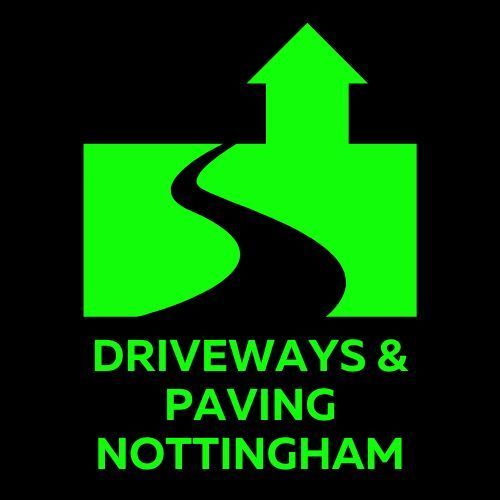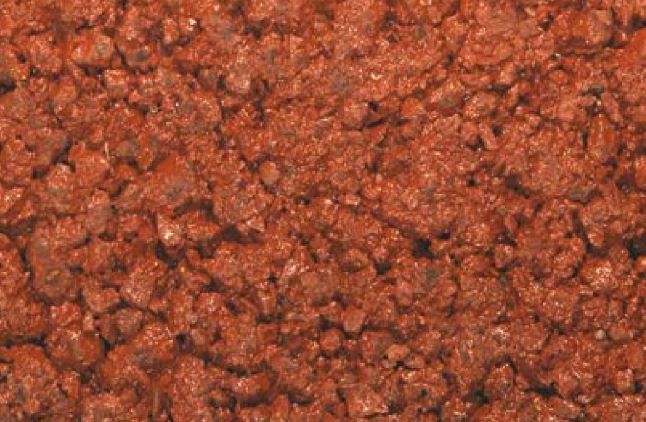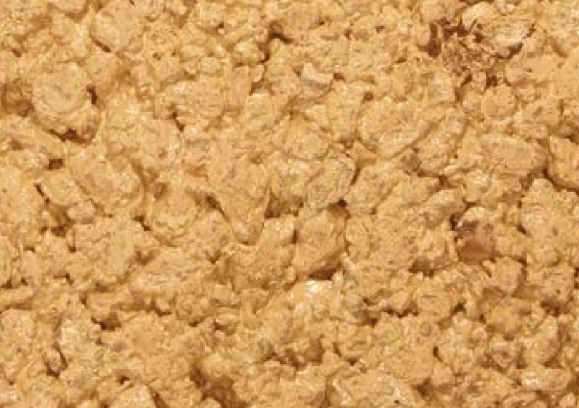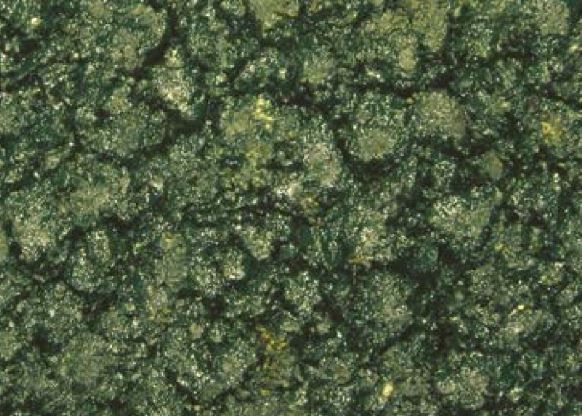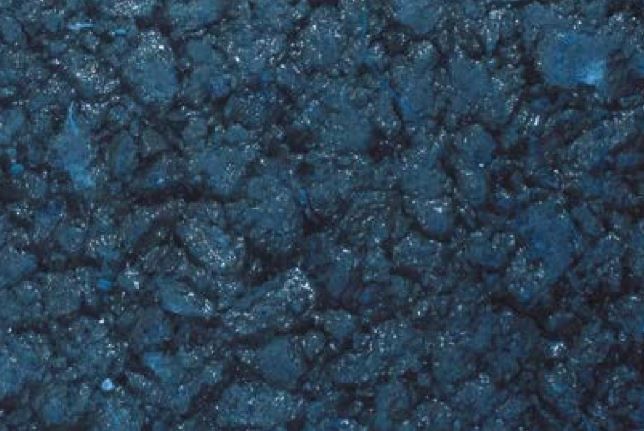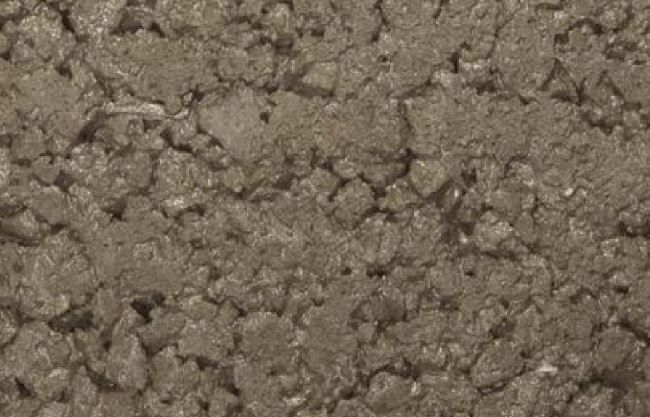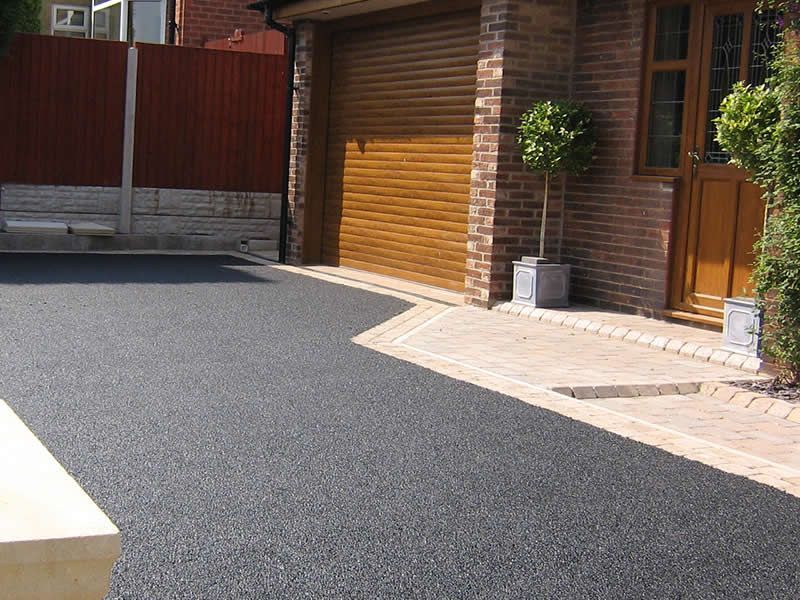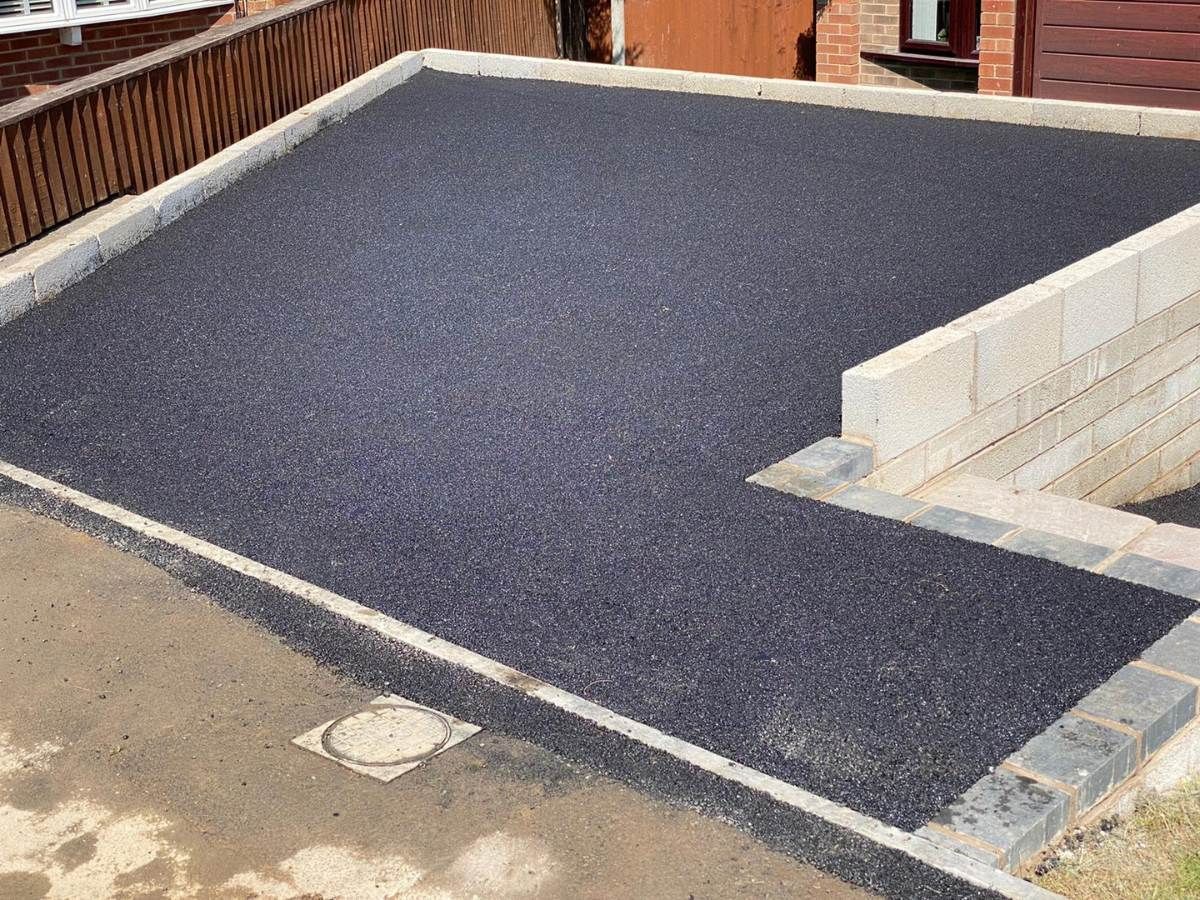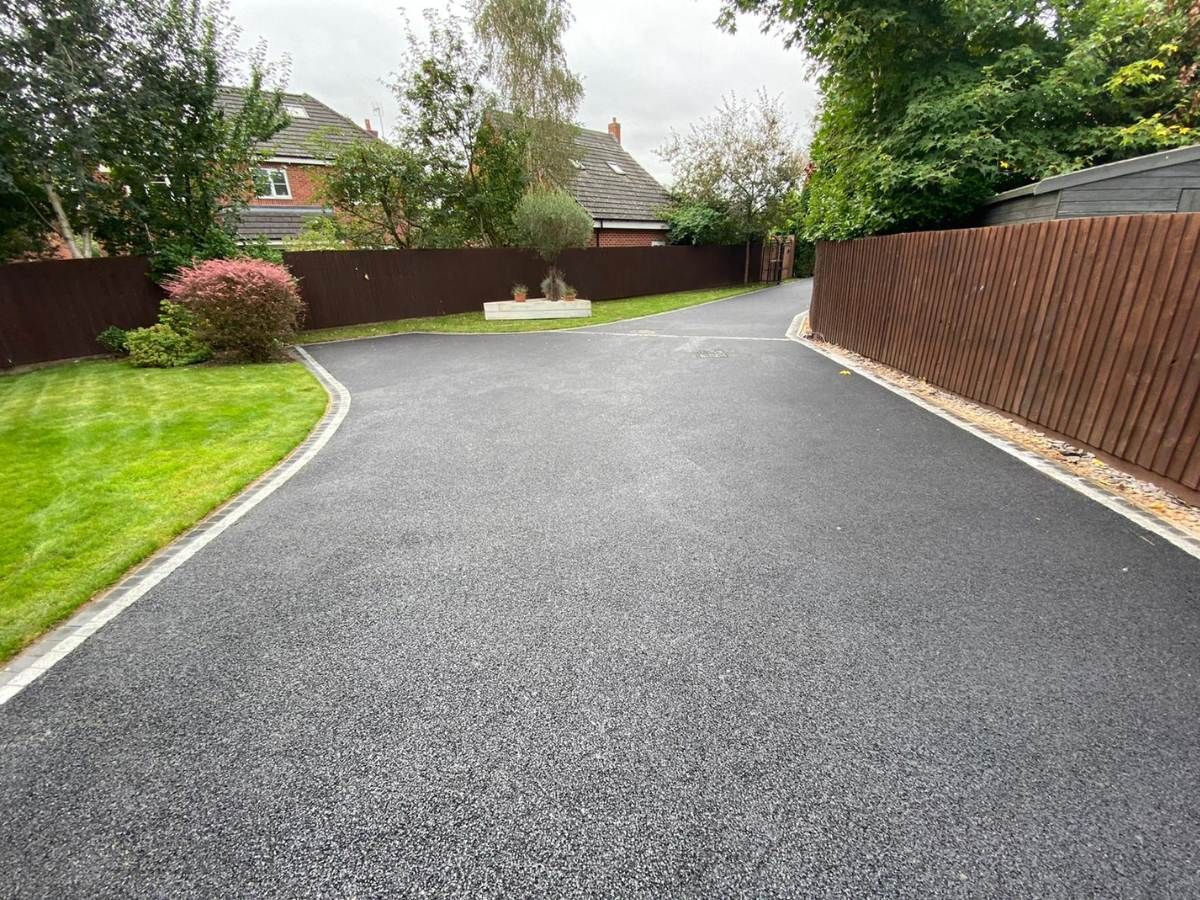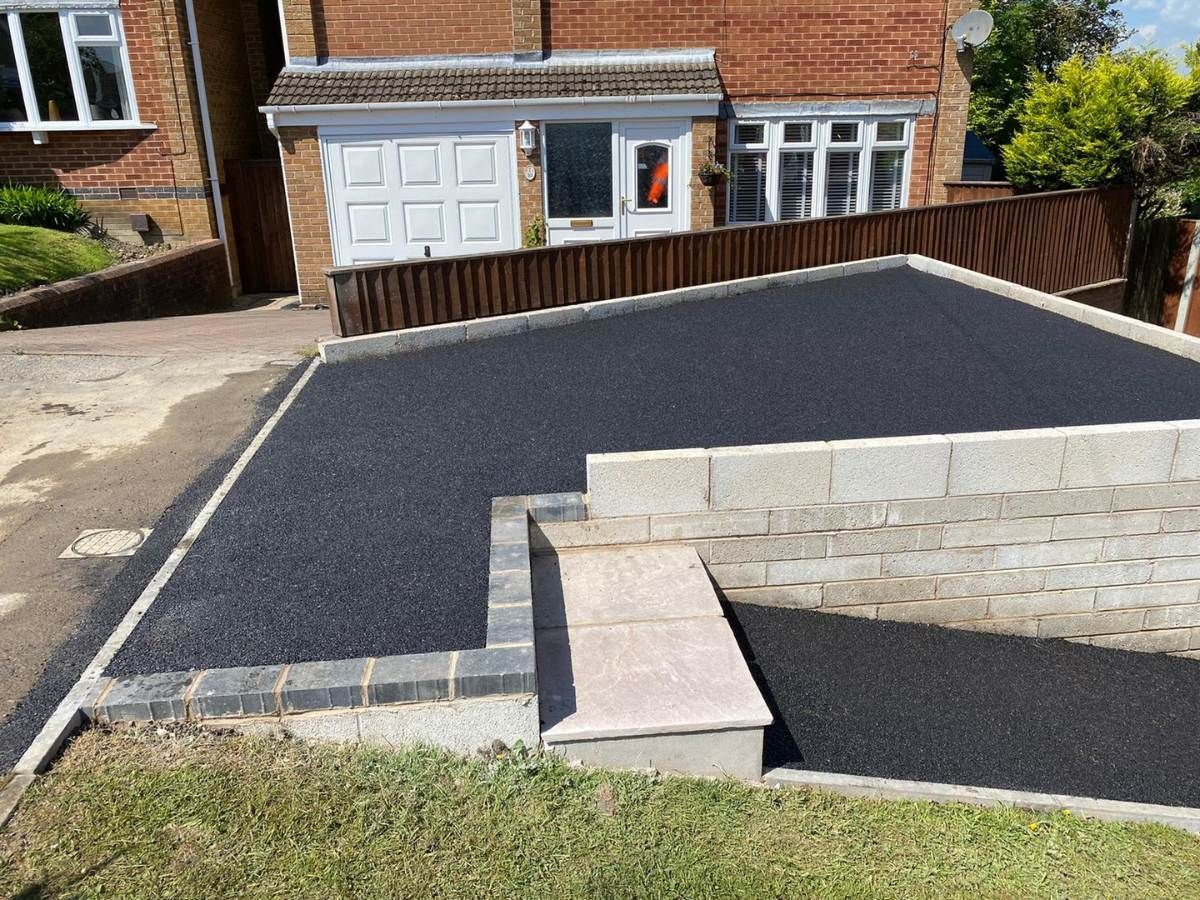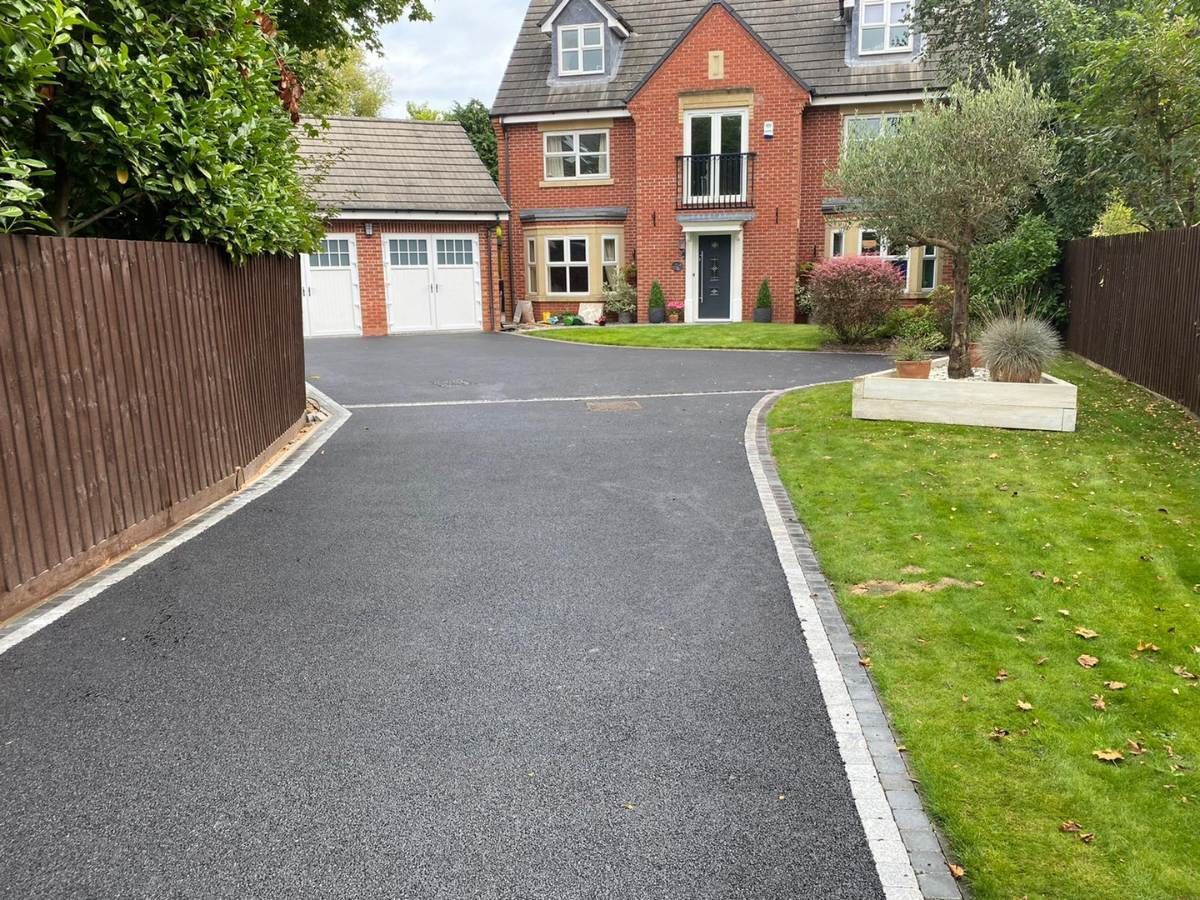Tarmac Driveways Nottingham
INCLUDE A PHOTO & MEASUREMENTS FOR A QUICK ESTIMATED TARMAC DRIVEWAY QUOTE
SEND ANYTIME 24/7
Tarmac Driveways Nottingham
Tarmac Driveway
Whilst there are now many other options to tarmac such as resin and Indian stone paved driveways, tarmac continues to be chosen for both new and replacement driveways. For existing owners who already have a tarmac driveway which is twenty plus years old the options to resurface is a good cost effective option to renew a driveway too.
Whilst tarmac and asphalt are often interchanged there are some subtle differences between the two which we will cover off but essentially tarmac is the most commonly referred to option and to compete with some of the other driveway options tarmac driveways have moved with the times and broadened their colour range to compete with resin driveways and provide great looking driveways at a fairly affordable price.
Coloured Tarmac Driveway Options
Asphalt Driveway Installers near me
If you are looking for an asphalt driveway installers near me in Nottingham, please get in touch
Tarmac Driveway Nottingham
Tarmac driveways are constructed from a coated crushed aggregates, which are held together by tar which is the binding agent - hence the name. The mixture, or more specifically the tar, has to be heat so that it is viscous enough to coat the crushed aggregates enough to ensure that they have enough tar around their surface to bind to each other. Once the mixture is still warm it is flattened out normally by a roller or compactor to ensure a fairly smooth flat surface is a achieved. The end result is a hard wearing driveway which should last twenty odd years - if installed properly. Tarmac is usually lighter in colour than asphalt, and is available in a variety of shades to suit different design preferences.
If your tarmac driveway does get damaged by a heavy impact it is important to arrange a repair as soon as possible. Tarmac is relatively easy to patch repair but if the repair is not done quickly, especially in winter months water will seep into the damaged aera and if it's cold enough to turn into ice the expansion of the ice is what will cause further damage and loosening of more tarmac. This is the process that leads to pot holes on our roads.
Asphalt Driveways Nottingham
The main different between asphalt and tarmac is the binding agent of asphalt bitumen (a by product of petroleum distillation) is mixed in with crushed stone, sand and a few other small materials. There is not much difference between the two but asphalt is likely to be a little more hard wearing and is less vulnerable to degradation from oil or diesel spills but slightly more prone to cracking. Visually there will be the crushed stones surrounded by a smoother surface, so is slightly less uniformed compared to tarmac if you do get down on your knees to look at it closely. It is typically black or dark grey in colour and is applied hot to the surface of the driveway, the restricted colour options has meant that tarmac continues to be the surface of choice for most driveways, especially brand new ones.
Tarmace Driveways near me
If you are looking for a coloured tarmac driveway near me in Nottingham, please get in touch
Tarmac Driveway Installers Nottingham
When it comes to installing tarmac, especially if resurfacing it can be a relatively quick to install compared to other types of driveway, especially block paving where each individual block is laid compared to a mixture being poured out. Tarmac has a shorter set time than concrete too, so overall the disruption will be less for you in terms of waiting before you can start using your driveway again.
Depending on the size of your driveway and the final aesthetics you will need to think about the edging of your tarmac. The most common edging is block paving which provides a tidy boarder for a tarmac driveway. You can even utilise some block paving in other ways such as using it to mark out parking spaces or simply add a decorative touch to break up one continues colour across your whole driveway. Mixing and matching a coloured tarmac with certain block pavers will enable you to create a unique and interesting tarmac driveway - very different to the original all black driveways with a thin grey concrete edge.
Tarmac Driveway Company Nottingham
With so many tarmac driveway companies in Nottingham who should you go with? Well our focus on quality will mean you are in good hands. It is very easy to provide a cheap tarmac driveway quote by reducing the amount of materials used. In other words adding a thin layer of tarmac on top of the sub base and digging a shallow sub base.
We will discuss the type of vehicles and usage of your drive and if you intend to have heavier vehicles we will advise a thicker layer of tarmac rather than simply maintain a cheap quote, which may not last as long as it should. We will also seal your driveway and advise that you maintain cleaning and sealing every few years to ensure you get the maximum longevity of your tarmac driveway and can help if you want to extend your dropped curb too.
Need help?
Looking to install a tarmac driveway in Nottingham?
Frequently Asked Tarmac Driveways Questions
Tarmac Driveway Areas covered in Nottingham:
West Bridgford, Hucknall, Arnold, Carlton, Mapperley, Bulwell,
